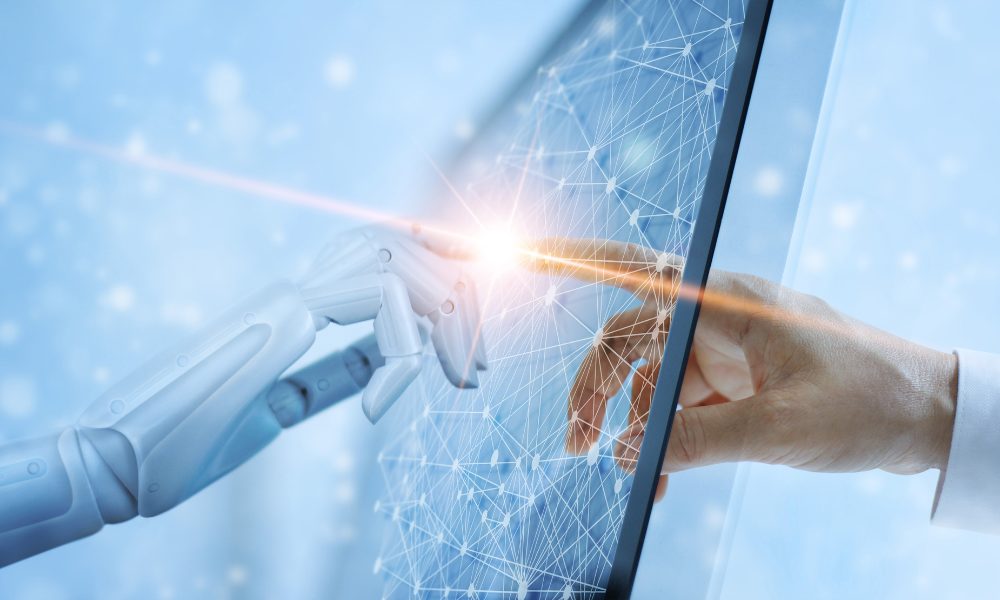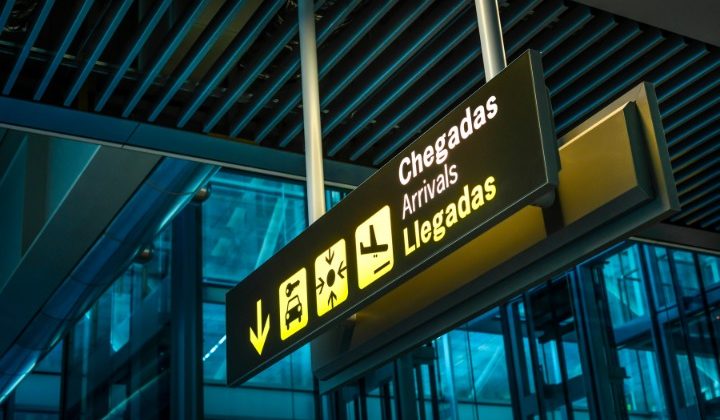If you’re chronically online, you’ve probably had an experience with using artificial intelligence at least once within the past year. Whether it is to use chatbots such as ‘ChatGPT’ or ‘Gemini’ to assist in finding quick results for your urgent questions, artificial intelligence (AI) has rapidly transformed the definition of convenience in our society. Japan is no stranger to the hype around using AI as it can be an innovative solution to its population crisis.
With AI’s ability to process all sorts of data online, such as human languages, images, software codes, and molecular structures, it is no surprise that the Japanese market for this useful innovation has been growing rapidly in recent years. Like any phenomenon that has gone viral in recent years, there is bound to be scepticism behind AI, which is understandable as it is relatively uncharted territory with loose regulations, and AI’s autonomous nature can threaten the future of humanity. However, if the technology is properly studied, utilized, and ultimately regulated, AI could assist us in building a brighter future for a sustainable society, which Japan has been tinkering with in recent years.
Sustainability And AI In Japan

Image credit: Canva
To tackle the climate crisis, the Japanese government has pledged in 2020 to reach complete carbon neutrality by 2050, with a target of a 46% cut of greenhouse gas emissions from 2013 levels by 2030. These are ambitious numbers considering that in 2023, Japan is still reportedly ranked the fifth largest producer of greenhouse gas emissions, with approximately 1.1 billion tonnes of carbon dioxide released annually from energy generation and process emissions, not to mention the fact that the Suga administration, who was responsible for taking the first step in implementing this policy at the time, was criticized for having no clear blueprint on how to achieve these numbers.
Nonetheless, despite this contradiction, Stakeholders from Japan’s public and private sectors (among them, notable companies such as Sony, Panasonic, and Sumitomo Chemical) are still persistent that these targets are attainable, and what better way to solve the issue of having no specified direction than a tool that specializes in outlining clear and detailed guidelines.
This brings us to using AI as a tool to streamline the process of building a sustainable society and fighting against climate change. In light of AI’s market growth in Japan, the Japanese government is attempting to curb its unpredictability through policies ensuring that technology is used to assist in social development. This is encapsulated through the Social Principles of Human-Centric AI, a guideline published by the Japanese government corresponding to the Organization for Economic Cooperation and Development’s AI Principles, to utilize and regulate AI technology to make a positive impact on society. One of the societal aspects for which AI is being regulated and utilized is the field of sustainable development and well-being. Two prominent areas of sustainability that Japan has been using the assistance of AI for in recent years are waste management and sustainable farming.
Food Waste Management

Image credit: Canva
For waste management, there are a couple of ways that AI technology has assisted individuals and businesses in ensuring proper waste disposal. In 2019, Nichirei Foods developed an AI-powered detecting system to identify chicken bones, feathers, and blood spots, as there have been previous cases where chicken meat, mistaken for bones via X-ray scans, was thrown out.
Convenience store chain Lawson also started using AI technology from DataRobot (a US software company) in 2021 to estimate how much product on their shelves may go unsold to reduce overstock and halve food waste at all of its stores compared to 2018 by 2030.
Other businesses in the food industry are also following suit as they can also profit off of the increased demand for discounted unsold foods while simultaneously reducing food waste, as 2.79 million out of 5.23 million tonnes of food waste were generated by businesses in 2023.
Furthermore, Japan’s information technology (IT) companies are also stepping up to develop and lend their AI technology to assist food businesses in managing food waste. NEC Corp, for instance, is utilizing AI to provide platforms for better market strategizing by analyzing data on weather, calendar, and customer trends, all while providing detailed explanations for each analysis to estimate demand and ultimately help companies manage their supplies better. This, in turn, will result in lower waste as companies will only produce on an as-needed basis to meet customer demand and maintain their profits with no excess supplies that could be thrown out.
Sustainable Agriculture

Image credit: Canva
Another important sector that Japan has been attempting to utilize AI technology for is the agricultural sector. Takamiya No Aisai, a farm company, is the first to lease harvesting robots developed by a startup company called Agirst that utilizes AI to determine the appropriate time to harvest crops. This ensures not only limited waste but also alleviates severe labor shortages from Japan’s current population crisis mentioned above.
The Japanese government has also been encouraging farmers to use AI to better measure the appropriate amount of soil and water to be used for crops as inexperienced farmers tend to overuse water. As water supplies are forecast to be 39% short of demand in 2030, this method of using AI can be a preventative method to save more water and ultimately protect food production.
The fishery industry in Ibaraki prefecture has also been reported to work with a deep-tech company to farm mackerel in tanks and utilize AI technology to monitor the feeding behavior of their fish. This is a shift from the typical wild-fishing methods due to issues such as rising sea temperatures and a labor shortage in fisheries.
Japan’s Sustainable Future Starts With AI

Image credit: Canva
Japan has a reputation for being a technologically innovative country, and its willingness to properly regulate and use AI technology to its advantage in building a sustainable future is no exception. However, as AI technology is still relatively uncharted, properly navigating it to ensure it is well-regulated is an ongoing process that will take years to finalize fully. In other words, the complexity of the development and monitoring of its technology makes AI more expensive than you might think.
Nevertheless, Japan’s openness to using AI, even within its beginning stages, is the first step to speed up the process of solving pressing environmental issues, thereby reducing any stigma behind increased technology use. AI’s development does seem frightening as the technology is still difficult to understand properly, but through regulated and appropriate use, AI can be a useful tool in building a brighter future for us all.
Related Articles
- Is Japanese Technology Really That Advanced?
- 5 Places to See Robots in Japan
- Sustainable Development Goals (SDGs): Can Japan Reach Them?
Featured image credit: Canva






